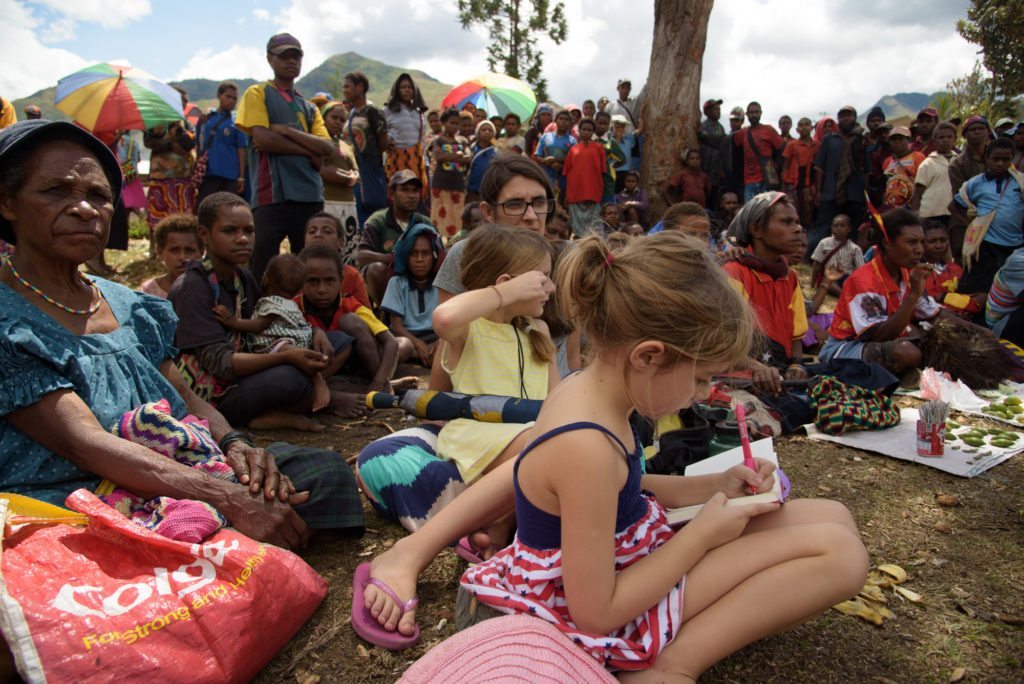
05 Oct Qualifying as an Ambassador
I was home in Greenville for three months this summer on a break from missionary life in Papua New Guinea.
During that time, I heard the “Citizens” series at Grace and since then I’ve been thinking about what it means to be an alien and ambassador in my own experience. I’ve reached a conclusion that is both obvious and unoriginal: Ambassadors are foreigners. Applying this plain fact to my own life, I would say my success as an ambassador is related to–maybe limited by–the extent to which I am a foreigner.
Having chosen to be a missionary, I have chosen to be an foreigner absolutely. I can’t live here in Papua New Guinea without a passport and work visa, but more obviously, I look different. I speak differently. I eat differently. I bathe differently. I am never mistaken for a local.
My goals, my values and my measure of success are different. My style of interacting is different and my expectations are different. And not only am I obviously an outsider, I want to be an outsider. I want my lifestyle to be marked by contrast. I don’t beat my wife, I share generously and I don’t trust in sorcery. I don’t want to conform and I don’t care to fit in.
I want my lifestyle to be marked by contrast. I don’t beat my wife, I share generously and I don’t trust in sorcery. I don’t want to conform, and I don’t care to fit in.
In America I am a native. In America I fit in. In my speech, my appearance, and my way of life I blend in. My lifestyle and my behavior are not readily identified as foreign like in Papua New Guinea. I’m just another American.
In Papua New Guinea, I can represent America to the nationals. I don’t serve as a professional ambassador, but I could easily speak as the American voice. In America I don’t represent America–what would be the point–and I can’t represent Papua New Guinea–I’m not qualified. Being a foreigner is a prerequisite for being an ambassador.
It’s easy to stand out in PNG as a white westerner, but I want to stand out as citizen of Heaven.
While my American citizenship gives me a head start in presenting myself as foreign in PNG, this type of foreignness is not what I am called to as a Christian. It’s easy to stand out in PNG as a white westerner, but I want to stand out as citizen of Heaven. My challenge, then, is to highlight what is distinctive about me because of Christ. I strive to make those differences that are a work of God the significant ones. And if I establish my uniqueness as spiritual rather than earthly, I establish credibility as an ambassador for Christ.
I need to live a foreign life–a holy life–because I’m here to represent One who is holy.
And so my attention is focused on how my behavior can pave the way for the gospel. I need to live a foreign life–a holy life–because I’m here to represent One who is holy. That is true in Papua New Guinea or America. Wherever we call home and wherever we live, we must live a life that can be recognized as foreign enough that we can be regarded as representatives of a foreign land. We must live holy lives to represent a holy God.



